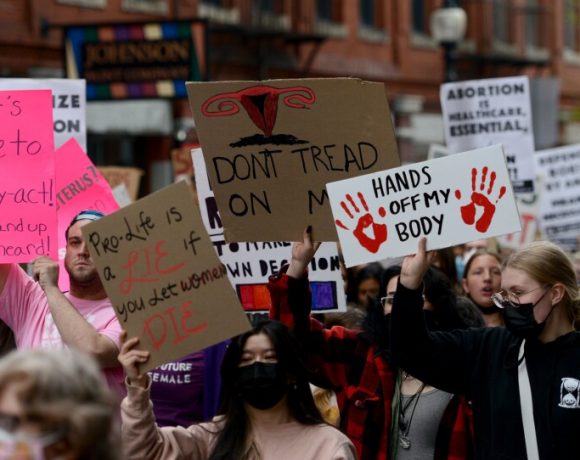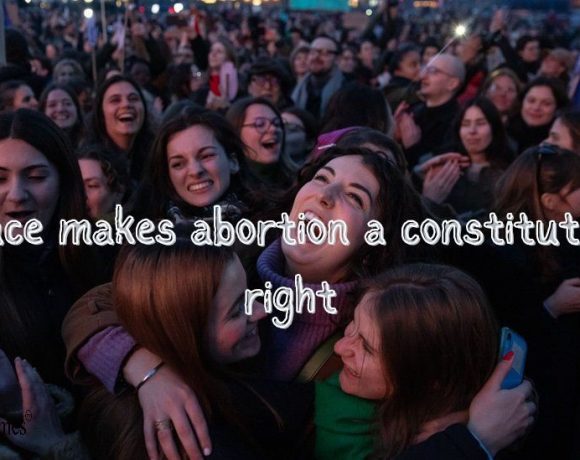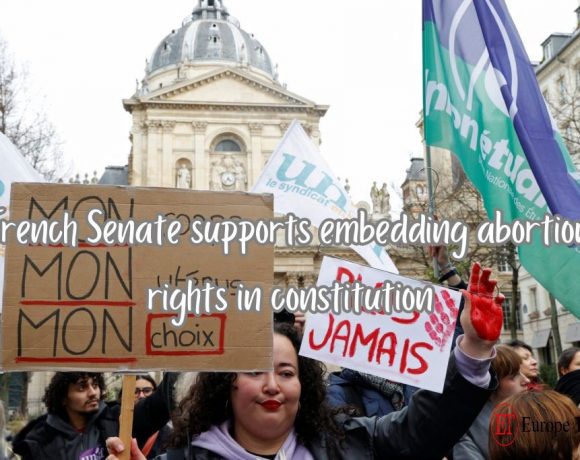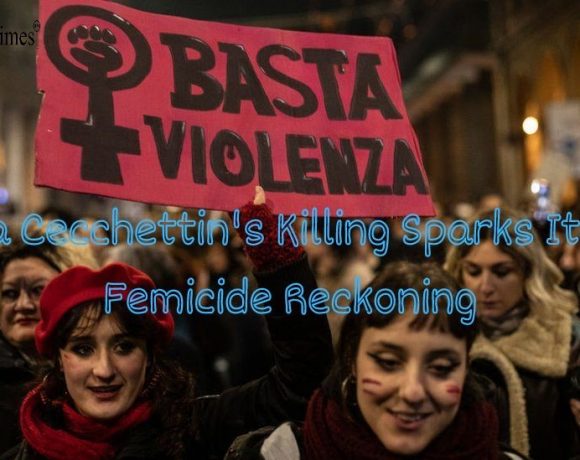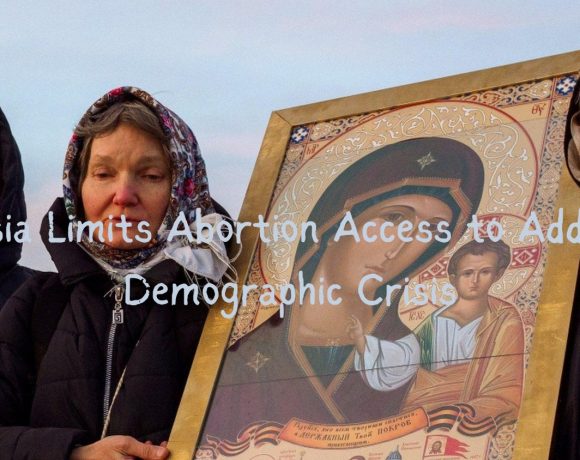
Giorgia Meloni’s leadership has positioned Italy under one of the most openly anti-abortion prime ministers in Western Europe. In a country with a strong Catholic influence and home to the Vatican, accessing abortion services has historically been difficult.
Recently, Linda Feki, a 33-year-old singer from Naples, shared her experiences of stigma and mistreatment while seeking an abortion. Her post resonated with many Italian women, who expressed their support. However, it also drew criticism, revealing a deepening national divide over reproductive rights under Meloni’s government. Feki felt a responsibility as a public figure to advocate for abortion rights and share her story.
Abortion in Italy is legal within the first three months and, in certain circumstances, afterward to protect the mother’s health. Despite this legal framework, numerous bureaucratic, cultural, and practical barriers exist. According to health ministry data, about 63% of gynecologists in Italy refuse to perform abortions on ethical grounds, a figure that exceeds 80% in some southern regions.
Feki’s journey began at Naples’ San Paolo hospital, where a gynecologist questioned her decision to abort and incorrectly assessed her pregnancy’s stage. After obtaining confirmation from a private doctor of an earlier stage, she faced further challenges at Cardarelli hospital, where she endured severe pain without pain relief and received inadequate support post-surgery.
She underwent the procedure on March 4, the same day France recognized abortion as a constitutional right. On social media, Feki expressed her frustration over being judged immediately after surgery, insisting that there should be no stigma surrounding a woman’s right to choose.
In response to Feki’s feedback, Cardarelli hospital acknowledged potential improvements in patient care and indicated they were in contact with her. Meloni, as Italy’s first female prime minister, maintains a conservative stance, advocating for measures that promote prevention while promising to uphold the 1978 abortion law.
Picture Courtesy: Google/images are subject to copyright

